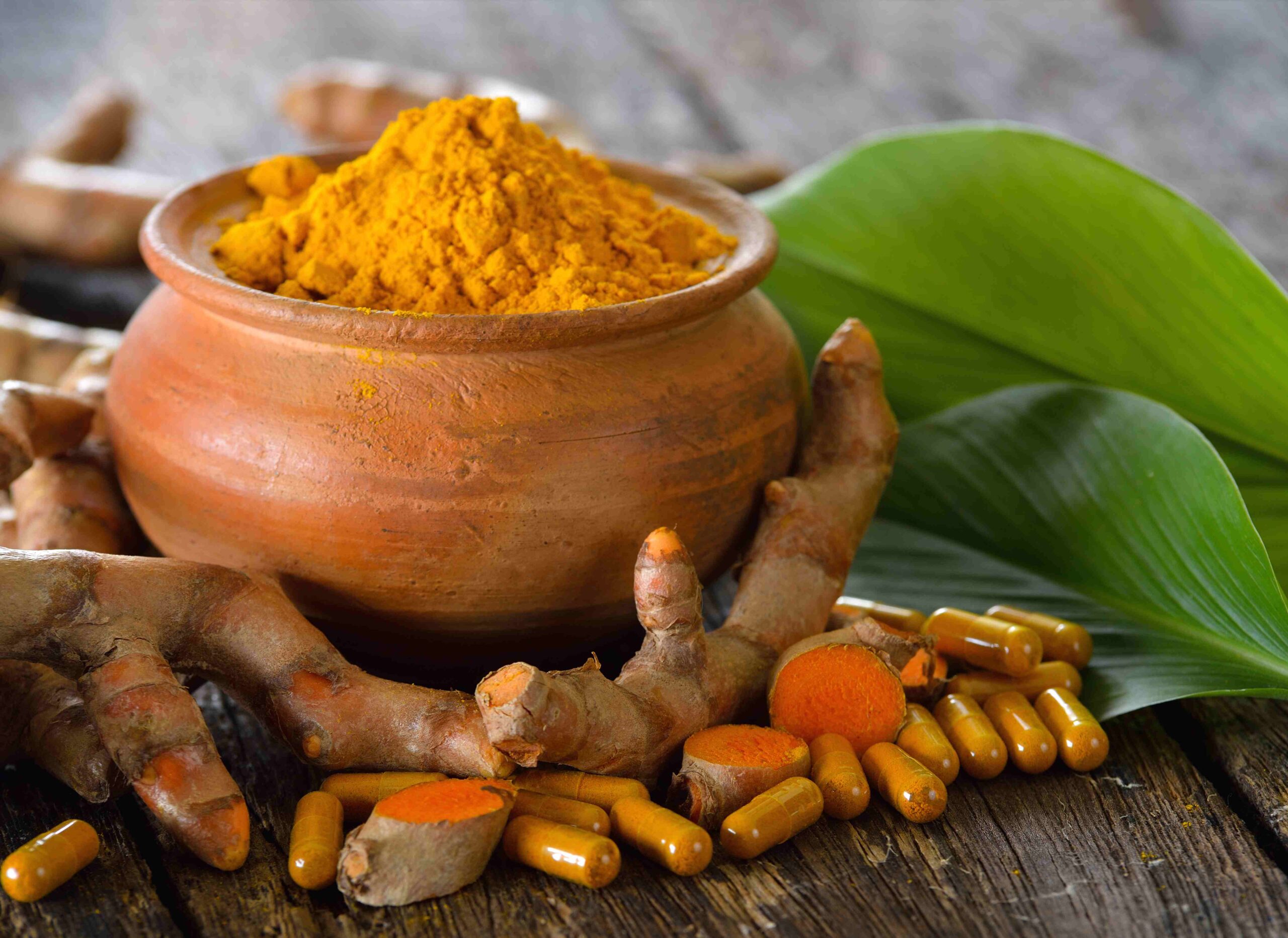Turmeric, the magic food too can have some serious side effects.
Turmeric is a popular spice used in the Indian kitchen for its color and flavor. However, this golden spice became famous for its amazing medicinal properties. Turmeric has potent antioxidant and anti-inflammatory properties that can ease arthritis, reduce gas, improve digestion, and increase overall energy.
A few years ago, I met a man who was in his 40s. He was very conscious about his health and fitness. However, the man came to me complaining of gastric issues and recently he discovered that he had a kidney stone. He wanted Ayurvedic suggestions for the natural passage of kidney stones.
When I asked him about his regular routine, he mentioned that he ate vegetarian food, worked out every day, and took good care of his health. He even took 2 glasses of turmeric latte every day to boost immunity and prevent cancer.
I asked him how many tablespoons of turmeric he poured and he said he took two spoons of turmeric with warm milk twice daily. In addition to that, he used to have turmeric added to his meals. I understood his problem, asked him to drop turmeric, and gave him natural remedies.
So, when taken in low amounts, turmeric can bless you with a number of health benefits. However, excess consumption of turmeric for long periods is associated with some serious health issues.
Here are some of the research-backed side effects caused by the high consumption of turmeric.
9 Serious side effects of turmeric
Studies reveal that high doses of turmeric can result in increased liver size, a high risk of stomach ulcers, inflammation, and an increased risk of liver cancer.
Gastrointestinal Problems
High doses of turmeric over an extended period of time can cause gastrointestinal problems, heartburn, and indigestion. Turmeric contains curcumin which can irritate your gastrointestinal tract. Even low doses of turmeric can cause nausea in some people.
Increased risk of gallstones and kidney stones
Turmeric contains 2% oxalate. Oxalates can bind to calcium and calcium oxalate, which is responsible for forming stones. Studies have found that oxalate can increase the risk of developing gallstones and kidney stones. It can also worsen your symptoms of gallstones.
May increase the risk of infertility
High amounts of turmeric can lower your testosterone levels and decrease your sperm movement. In women, curcumin could reduce the growth of cells in the lining of the uterus. This can prevent embryo implantation and interfere with your fertility. So, if you are planning a baby or undertaking an IVF treatment, try avoiding curcumin.
Turmeric May Lower Blood Sugar
Research suggests that turmeric may help lower blood sugar levels and prevent diabetes. But an overdose of turmeric may increase your risk of low blood sugar also known as hypoglycemia.
May Slow down blood clotting
Curcumin in turmeric can act as a blood thinner (in high doses) and slow down blood clotting. Turmeric also has anticoagulant effects which can increase the risk of excess bleeding during and after surgery. It is usually recommended to stop using turmeric at least 2 weeks before surgery.
May Cause Iron Deficiency
Studies suggest some compounds in turmeric can bind to iron which may decrease the body’s ability to absorb iron from food. This can result in iron deficiency. That’s why people with iron deficiency should avoid turmeric.
May Lower Blood Pressure
Turmeric is usually recommended to regulate blood pressure. However, excess turmeric can result in low blood pressure. Some studies show that turmeric may have hypotensive effects.
May affect your liver health
New research suggests that a high intake of turmeric can result in liver damage. Researchers found that a group of 10 people who were taking turmeric supplements developed a range of liver problems.
Interactions with medicines
Turmeric may interfere with the action of your medicines ( drug-herb interaction). It can negatively interact with blood thinners, antidepressants, antibiotics, antihistamines, cardiac drugs, and chemotherapy medicines. Excess turmeric may also increase the effect of diabetes medications and result in low blood sugar.
How much turmeric per day is not too much?
Usually, turmeric is added to most Indian meals in low quantities. It is safe to have ground turmeric in your curries. However, if you are drinking turmeric tea, turmeric latte, or taking turmeric supplements, it is important to keep the quantity in mind.
Studies suggest that a maximum daily dose of 1200 mg/day ( herbal extract not powder) is safe for healthy individuals. Taking more than this amount can result in an upset stomach, nausea, and dizziness.
Your takeaway!
Many studies have examined the side effects of turmeric extracts rather than naturally pounded turmeric powder. However, some potential side effects of turmeric extracts have been identified, including gastrointestinal problems, increased risk of bleeding, and allergic reactions. For example, a review of 13 studies found that turmeric supplements may cause gastrointestinal symptoms such as bloating, gas, and nausea in some people. Another study reported that turmeric supplements may increase the risk of bleeding in people taking blood-thinning medications. Additionally, some people may be allergic to turmeric and experience a skin rash, hives, or difficulty breathing. It’s important to consult with a doctor before taking turmeric supplements or using them in large amounts as a spice in your diet.

